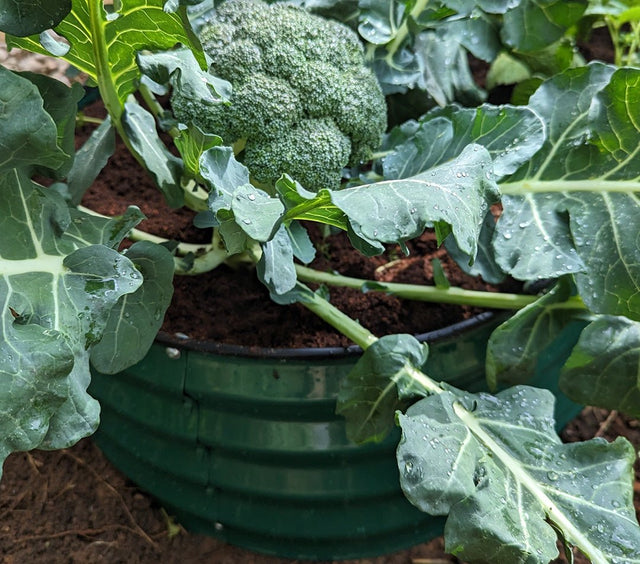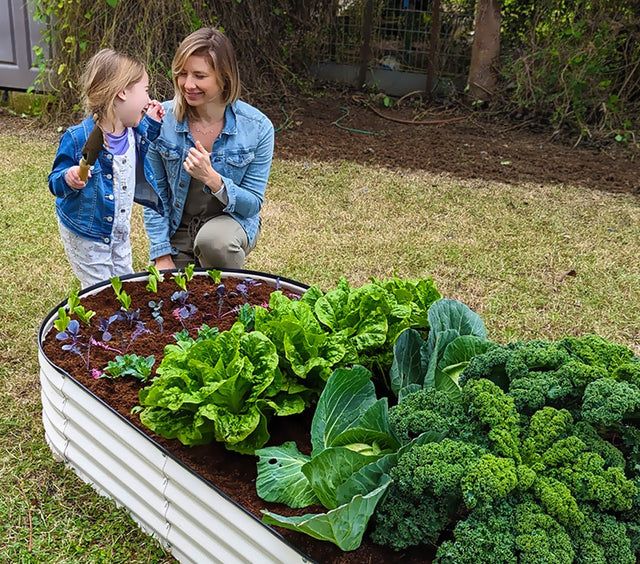Composting is a natural process in which organic materials, such as food scraps, yard waste, and other biodegradable materials, are broken down by microorganisms into a nutrient-rich soil amendment called compost. This process can occur naturally in a compost pile or bin, or with the aid of specialized equipment, like a tumbler composter.
Composting is important for your garden for several reasons:
- Soil enhancement: Compost is an excellent soil amendment that can improve the fertility and structure of your garden soil. It's rich in essential nutrients, such as nitrogen, phosphorus, and potassium, as well as trace minerals and beneficial microorganisms, which can help to promote healthy plant growth.
- Water conservation: Compost improves the ability of soil to retain moisture, meaning that you will have to water your plants less often. Additionally, compost can help to reduce soil erosion and improve drainage in heavy clay soils.
- Reduced waste: Composting can help to reduce the amount of waste that ends up in landfills. Instead of discarding organic material, you can use it to improve your garden. This can also help to decrease methane emissions from landfills, which contribute to global warming.
- Pest and Disease Control: Compost can help to suppress pests and diseases in your garden. It also can help to improve soil health, which allows plants to better resist diseases, pests and environmental stressors.
- Cost Savings: composting in your own home can save you money on commercial fertilizers and potting soils, and also on the cost of disposal of organic waste
What can I compost?
Here are some examples of things around your house that can be used as compost in your garden bed:
- Fruit and vegetable scraps
- Coffee grounds and tea bags
- Eggshells
- Yard waste, such as grass clippings, leaves, and branches
- Shredded newspaper and cardboard
- Sawdust and wood chips
- Animal manure (but not from carnivores like dogs and cats)
- Dry leaves and twigs
- Plant trimmings and prunings
- Straw and hay
It's important to avoid composting meat, dairy, or oily foods as they can attract pests and create unpleasant odors. Also, avoid composting plants that have been treated with pesticides or herbicides, as these can contaminate the compost and harm your garden.
Composting is a simple and natural way to reduce your environmental impact, improve your raised garden bed and enjoy the fruits of your own labor. You can start with basic equipment and materials such as a bin or pile, and a shovel or pitchfork and can create your own compost with kitchen scraps and yard waste.
Happy gardening!
We’re here to help 24/7 if anything comes up.
More stories

How much light should your garden plants get?

